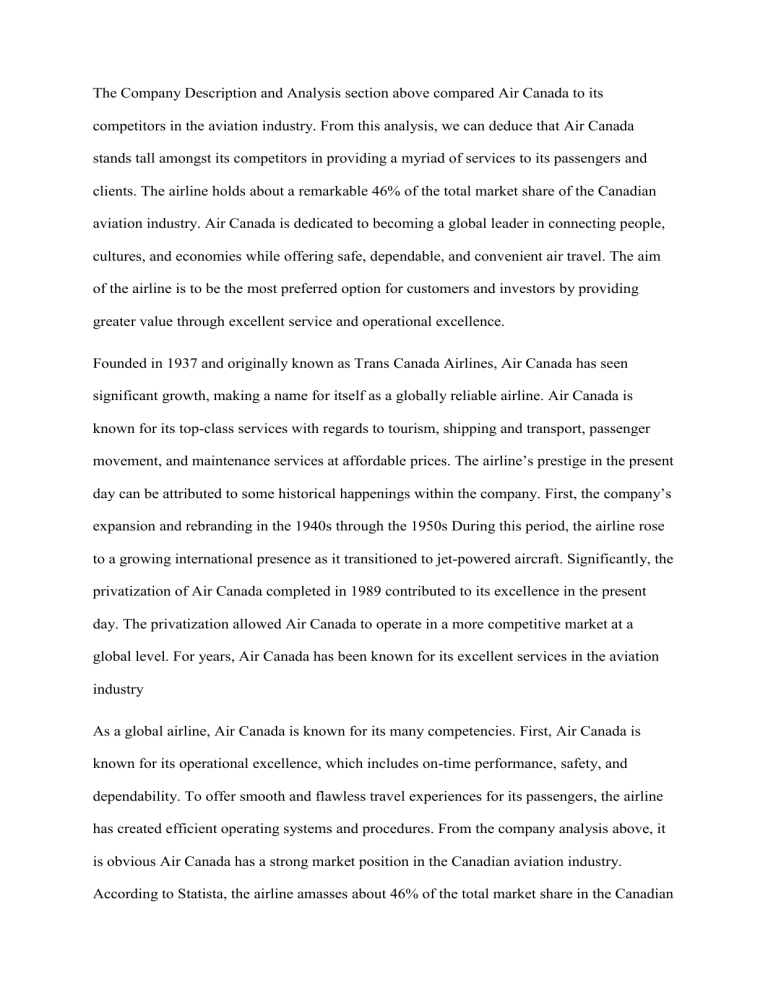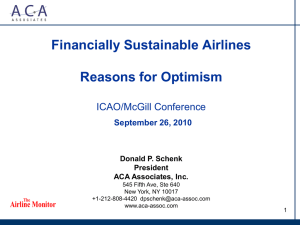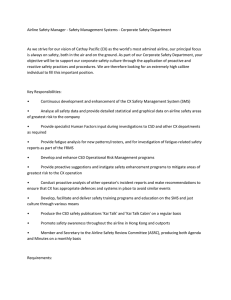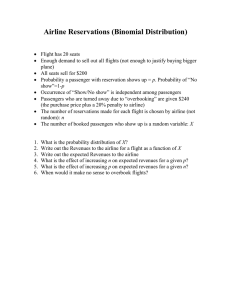
The Company Description and Analysis section above compared Air Canada to its competitors in the aviation industry. From this analysis, we can deduce that Air Canada stands tall amongst its competitors in providing a myriad of services to its passengers and clients. The airline holds about a remarkable 46% of the total market share of the Canadian aviation industry. Air Canada is dedicated to becoming a global leader in connecting people, cultures, and economies while offering safe, dependable, and convenient air travel. The aim of the airline is to be the most preferred option for customers and investors by providing greater value through excellent service and operational excellence. Founded in 1937 and originally known as Trans Canada Airlines, Air Canada has seen significant growth, making a name for itself as a globally reliable airline. Air Canada is known for its top-class services with regards to tourism, shipping and transport, passenger movement, and maintenance services at affordable prices. The airline’s prestige in the present day can be attributed to some historical happenings within the company. First, the company’s expansion and rebranding in the 1940s through the 1950s During this period, the airline rose to a growing international presence as it transitioned to jet-powered aircraft. Significantly, the privatization of Air Canada completed in 1989 contributed to its excellence in the present day. The privatization allowed Air Canada to operate in a more competitive market at a global level. For years, Air Canada has been known for its excellent services in the aviation industry As a global airline, Air Canada is known for its many competencies. First, Air Canada is known for its operational excellence, which includes on-time performance, safety, and dependability. To offer smooth and flawless travel experiences for its passengers, the airline has created efficient operating systems and procedures. From the company analysis above, it is obvious Air Canada has a strong market position in the Canadian aviation industry. According to Statista, the airline amasses about 46% of the total market share in the Canadian aviation industry. It is certainly unfair to talk extensively about Air Canada and not mention its extensive route network and excellent customer service. Air Canada has a vast route network serving over 220 destinations worldwide and providing extensive connectivity options for travelers, with the aim of meeting the demands of multiple market segments. The airline also provides a variety of services and facilities to meet the needs of its customers, including premium cabins, in-flight entertainment, and customized services. With the exemplary leadership of the president, CEO, and board of directors of Air Canada, who provide strategic directions and oversee company operations, it is no surprise the company has become a trailblazer in the Canadian industry. Looking to the future, Air Canada looks to further expand its strong market position by meeting the demands of multiple market segments. The airline is dedicated to expanding its global presence. Air Canada has taken several initiatives to commit to the environment, with the goal of achieving net-zero carbon emissions by 2050. To reach this goal, Air Canada has made significant investments in fleet modernization by introducing fuel-efficient and technologically advanced aircraft. Air Canada has also actively explored the use of sustainable aviation fuel as a means to reduce greenhouse emissions. Drifting away from environmental progression, Air Canada also looks to meet the digital transformation in this digitalized age. The company has made investments in digital initiatives to improve operational efficiency and enhance the overall customer experience. Overall, Air Canada’s future goals include strengthening its sustainable operations and financial stability. Air Canada has undoubtedly evolved into one of the world’s largest airlines and a global leader in the Canadian aviation industry.




